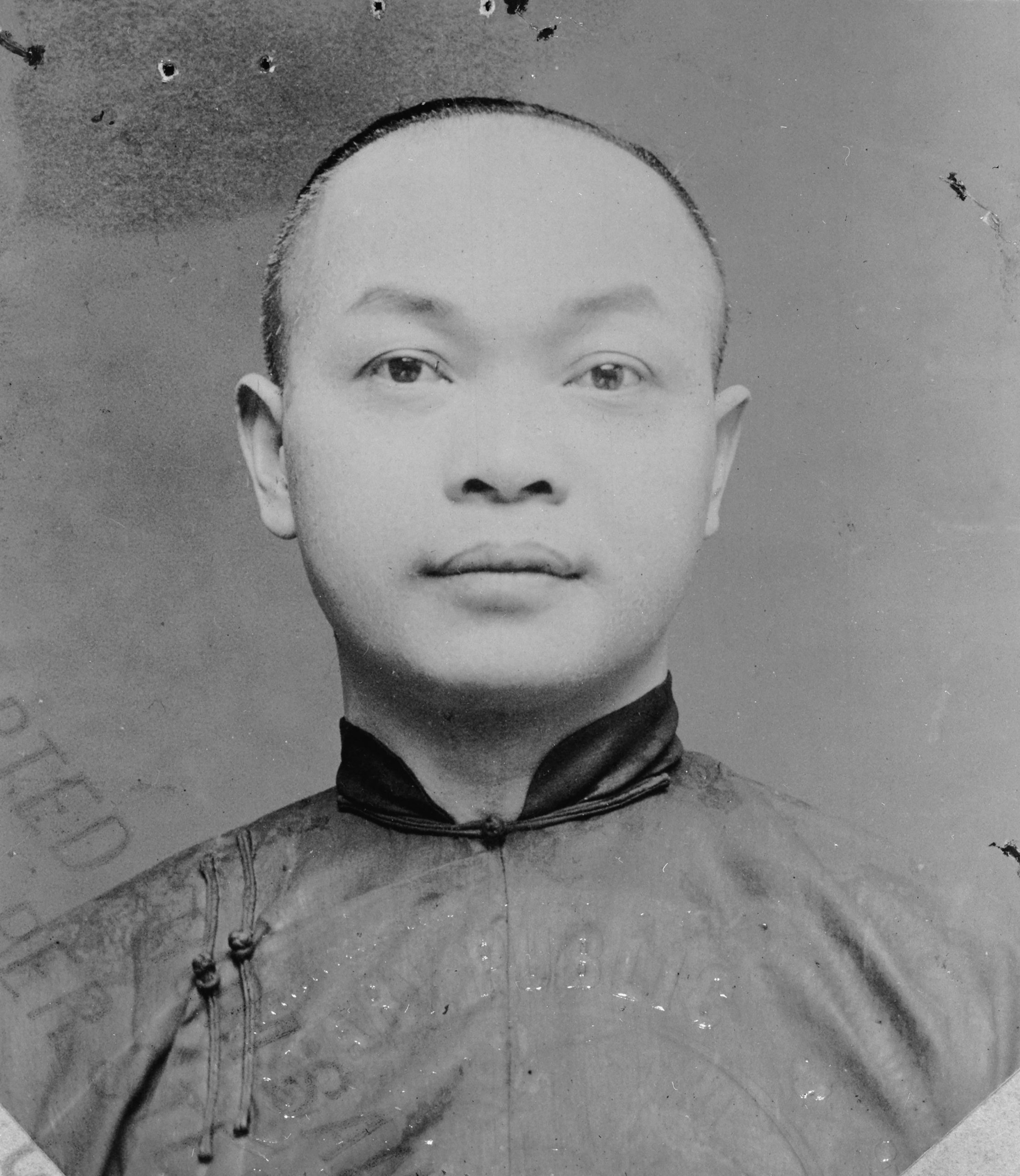Overturn United States v. Wong Kim Ark
America’s decades-long practice of offering birthright citizenship to all comers rests on a false foundation.

Overturning Roe seemed like a pipe dream until it finally happened. Now that the worst modern legal precedent is gone, we asked TAC contributors: Which bad decision should the Supreme Court overturn next?
A widespread, but erroneous, misconception is that the Supreme Court’s decision in United States v. Wong Kim Ark (1898) authoritatively interprets the 14th Amendment as requiring birthright citizenship.
This is wrong on a number of levels. First, the Court has never ruled on the status of birthright citizenship—not in Wong Kim Ark nor anywhere else. Second, it could not do so “authoritatively” because to interpret the 14th Amendment as requiring birthright citizenship is inherently erroneous. Third, and most important for our present discussion, even the limited scope of that decision was wrongly decided.
The individual Wong Kim Ark was born on U.S. soil to Chinese parents who, by law and treaty, were not and could not become American citizens. The law was primarily the 1866 Civil Rights Act, which excluded from citizenship persons “subject to any foreign power.” The treaty was an agreement with the emperor of China not to admit to citizenship those of his subjects whom he permitted to leave his country and domicile in the United States in order to work.
Wong Kim Ark twice left the United States and traveled to China. On his second return to America, he was refused entry on the ground that he was not a U.S. citizen. He sued and eventually won his case.
The decision that bears his name does not mandate the blanket application of birthright citizenship. Instead, it ruled on the narrow question of whether Mr. Wong, as the child of legal permanent residents of the United States, was entitled to citizenship by virtue of being born on American soil. The court ruled that he was.
Even if one accepts that ruling as a correct interpretation of the 14th Amendment, it’s obvious that neither its plain words nor its logic require birthright citizenship for anyone, but only for the children of U.S. citizens (for whom the concept would be superfluous) and legal permanent residents.
But even with regard to this narrow question, the Court’s ruling was wrong. The reasons are explained in detail in Chief Justice Melville Fuller’s dissent and, more than a century later, in Edward Erler’s short book The United States in Crisis: Citizenship, Immigration, and the Nation State. I here provide only the briefest summary of their arguments.
Wong Kim Ark rests on a common law foundation that is rejected by the U.S. Constitution. That is to say, American jurisprudence is open to the British common law tradition, but on any matter in which constitutional principle and the common law conflict, the former always takes precedence.
Under the common law, what we call “birthright citizenship” is better understood as perpetual subjectship. Anyone born within the sovereign territory of a monarch is automatically that monarch’s subject, a status which said subject cannot renounce.
But Americans did renounce such subjectship, when they “dissolved” all allegiance to the British crown and the government of Great Britain. At that point, the common law understanding of subjectship was, in America and for Americans, superseded by the new social compact enacted in the Declaration of Independence and instrumentalized through the Constitution. Joining that compact requires two-way consent: from the person or persons seeking to join, and from the existing members. Birthright citizenship obviously makes a mockery of the latter requirement.
This is what the phrase “not subject to any foreign power” in the 1866 Civil Rights Act, and also the clause “subject to the jurisdiction thereof” in the 14th Amendment, mean. Persons owing allegiance to a foreign power are not, in the fullest sense, subject to the jurisdiction of the United States, and hence they and their children are not automatically granted American citizenship. Of course, they may become citizens by naturalizing, but this, again, requires two-way consent.
Subscribe Today
Get daily emails in your inbox
Why the language of the 1866 law was changed in the Amendment comes down to a dispute over the status of Indian tribes, which were considered “quasi foreign nations” but whose members also did not owe allegiance to any external foreign power. “Subject to the jurisdiction” was meant to exclude not just foreigners but also Indians born on American soil but who had not been offered or accepted American citizenship. (Many, in those days, had done so, but many more had not.)
All this matters today because America’s decades-long practice of offering birthright citizenship to all comers—up to and including the obvious abuse of “birth tourism” by wealthy citizens of hostile foreign powers—rests on a false foundation. We’ve demeaned and cheapened American citizenship in ways that harm our country and its actual, deserving citizens.
There is no reason in law, jurisprudence, constitutional interpretation, or common sense to do this. We should stop. And we can start by overturning this erroneous decision and its erroneous understanding of the nature of American citizenship.